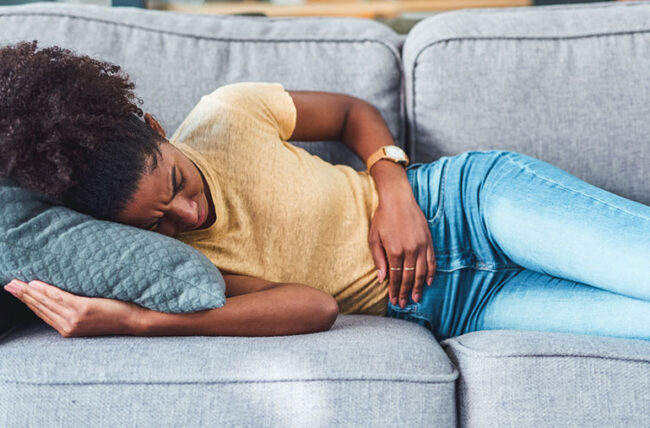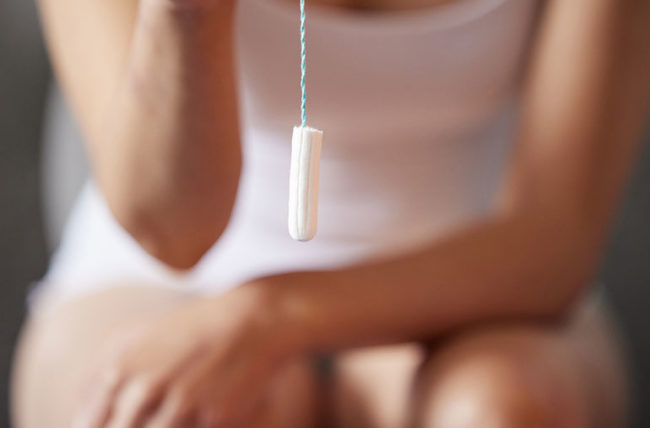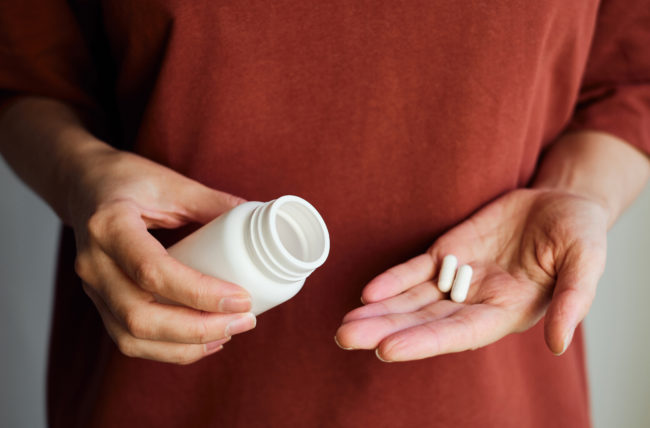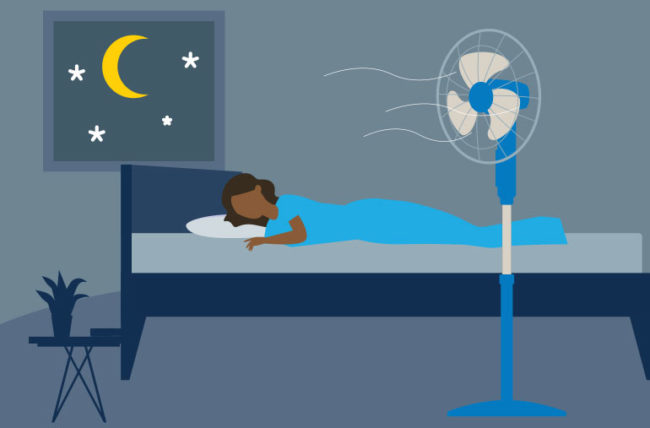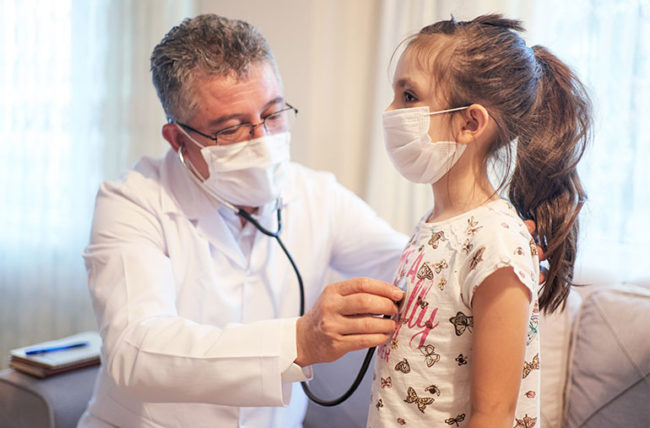These benign (non-cancerous) growths in your uterus can cause a variety of symptoms. These benign (non-cancerous), growths can cause annoying symptoms such as heavy bleeding, discomfort, fatigue, and pressure. The fact is that these symptoms can have a significant impact on your mental health.
Megan Billow is a minimally invasive gynecologic surgery . She shares her tips on how to deal with fibroids, and when it’s time to see a doctor.
Fibroids always require treatment
You might wonder what to do if your provider discovered uterine fibroid in a pelvic examination or an imaging test. Fibroids require surgery or medication? Certain foods can reduce uterine fibroids symptoms. If you don’t take care of them, can they cause any other health issues?
“Fibroids usually do not cause life-threatening symptoms, and most people experience mild symptoms or none at all. “If your symptoms are severe, they can have a significant impact on your quality of living,” says Dr. Billow. It’s best to discuss your symptoms with your doctor to determine the most effective treatment plan.
She gives you a few tips on how to cope with fibroids.
Handling heavy periods
Heavy menstrual bleeding is one of the signs of uterine fibroid. Consider using reusable period products instead of standard tampons or pads if your periods are heavy.
Dr. Billow says that some people with fibroids have found that using a period cup, period underwear, or both helps to prevent leaks. These products can absorb more blood or hold it longer than disposable products.
Heavy bleeding is not just an inconvenience. Iron stores can be depleted over time by high blood loss.
Dr. Billow explains that low iron can cause iron deficiency anemia which reduces oxygen to your organs. Anemia can cause you to feel tired, weak and short of breath. It can be deadly in severe cases.
Get regular blood tests if you experience heavy periods to ensure your iron levels remain within safe limits. If your iron levels fall below normal, your doctor may prescribe an iron supplement. And if they are extremely low you might need iron infusions.
Relief of pelvic pressure and pain
Uterine fibroids hurt. You may feel pain in your lower abdomen or back, or you might experience severe abdominal cramps. Many people experience pain when they are having an intimate relationship, which can affect their mental health. Dealing with pain is exhausting and can deplete your energy.
You may find relief for mild or occasional fibroid symptoms by:
- Use a heating pad, or a hot-water bottle to massage your lower back or abdomen.
- Nonsteroidal anti-inflammatory medications (NSAIDs), such as ibuprofen and naproxen.
- Try acupuncture and mediation. Although there’s no solid evidence that these methods work to manage fibroid symptoms, they are worth a try.
Taking ibuprofen in excess can cause harm.
Dr. Billow advises, “If you use pain medication every day, talk to your doctor about other options” for managing fibroid symptoms. Prescription medications that regulate hormone levels can help you have lighter periods and reduce pain and cramps.
Manage your mental health
You’re not the only one who feels that uterine fibroids are negatively affecting your mental health. In a large research study, people with fibroids had higher rates of anxiety , depression and suicide.
“Painful intercourse, heavy bleeding, or pain can all affect your quality of living, so uterine fibroid may trigger or worsen a mental health condition,” Dr. Billow says. Your mental health can be affected if you cannot participate in or enjoy daily activities.
Don’t ignore mental health issues or assume you have no other option than to live with them. She stresses that depression and anxiety can affect your social, professional and personal life. If you have the urge to harm yourself, you should seek immediate medical attention.
Some of these strategies can help you cope if your mental health symptoms, however, are mild.
- Limit caffeine intake: Avoid or limit caffeine-containing products such as coffee, tea, energy beverages, and other caffeine-containing drinks. These can exacerbate anxiety symptoms.
- Use your diet to help you:Eat foods high in omega-3 fatty acids and B vitamins, such as those rich in Omega-3 fats.
- Regular exercise is important: Even walking helps reduce stress and moderate depression.
- Sleep is important: A lack of sleep may affect your mental health and mood. So, aim for seven hours each night or more.
- De-stress: Try meditation or deep breath exercises if you are feeling stressed or anxious.
Fibroids: When to seek treatment
Watch your health and menstrual cycles. Talk to your doctor if:
- Bleeding after menopause or bleeding between periods.
- Digestive disorders such as constipation and diarrhea.
- Urination pain
- Large blood clots.
- Anemia can cause shortness of breathe, weakness, and dizziness.
There are many treatment options for fibroids. They can be removed, and they will not affect your quality of living. You should seek medical attention if you are constantly missing work or social events due to fibroids.
“You don’t have to suffer.” Dr. Billow tells us. Treatment options include medications, procedures and minimally-invasive surgeries such as myomectomy or hysterectomy.
Treat or not to treat
It is up to you whether you decide to treat uterine fibroids, or live with them. Talk to your healthcare provider about the treatment options that are available. You can change your mind at any time if you wish to stop, switch or try a new treatment. When changing your medication, always consult with your doctor.
No matter what path you choose, it is important to continue seeing your doctor for regular checkups to ensure your health.
Dr. Billow says that fibroids can have symptoms similar to other medical conditions. Tell your provider if you are experiencing pain, bleeding or other symptoms. This will help them determine the cause of your symptoms and explore your treatment options.



